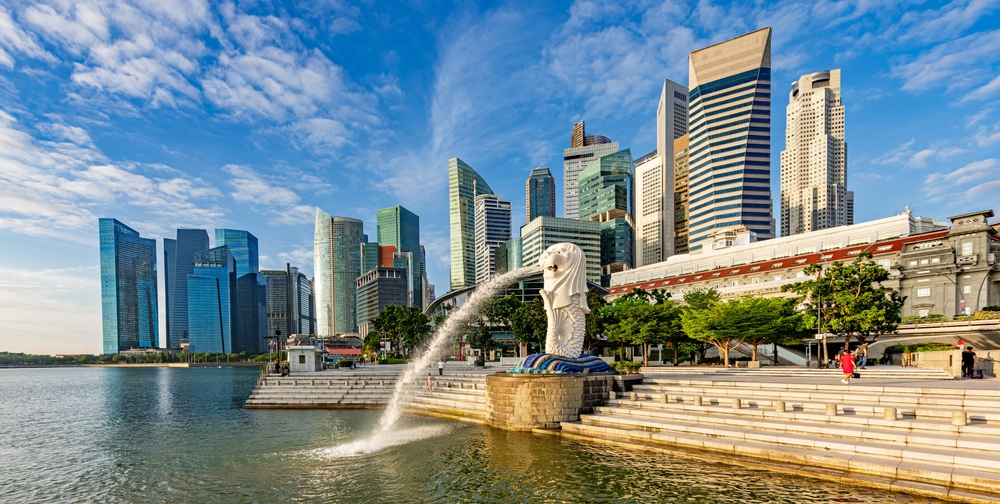Bloomberg Asia Newsletter | For many of us in Singapore hoping to buy a car, a home, or even a luxury item as a gift for a loved one, the last few years have been rough. Prices skyrocketed for everything from designer handbags to whisky, and long queues for the latest offerings of glitzy Orchard Road shops became a regular event. (A big hole in my paycheck a year ago for a green Goyard bag testified to this.)
Foreigners were shelling out nearly S$1 million ($744,000) for membership of the country's top golf club.

Image: Shutterstock
Now that's changing. The influx of rich Chinese that drove the boom is waning, a point driven home to me when I came across a line of second-hand Rolls-Royces in a dingy carpark in the west of Singapore. The shift is raising questions about who benefitted from the largesse. It’s not just a first-world problem for Crazy Rich Asians, there's a deeper concern afoot. Read: Singapore’s Rich Chinese Cut Back on Ferraris and $75,000 Whisky
Singapore had touted its credentials as Asia's premier hub for the new moneyed classes. As the wealth-management industry ballooned, assets overseen by financial firms more than doubled in a decade to over S$5.4 trillion last year.
For all the talk of benefits to the roughly 3.6 million resident citizens, there has been little beyond the rise in prices to show for it. Wealth managers say the rich arrivals rarely give them much business beyond custodian deals, while the proliferation of Lamborghinis and Bentleys and galloping house prices served to foster resentment among some about the unaffordability of homes and cars.
And with the influx of cash, there also came illicit funds, culminating in the country's biggest money-laundering scandal.
Singapore isn’t alone in trying to rein in the widening gap between ordinary citizens and the super rich. But as a recent UBS report stated about the city: “It appears that most of the rise in wealth has benefited the upper income brackets.”
It remains to be seen if this is just a retreat or an exodus. But as other nations that tried to lure wealthy foreigners with tax breaks and golden visas have found, rolling out the red carpet for the rich has more repercussions than just money. —Low De Wei
Source: Bloomberg Newsletter
Preview image: Shutterstock






























